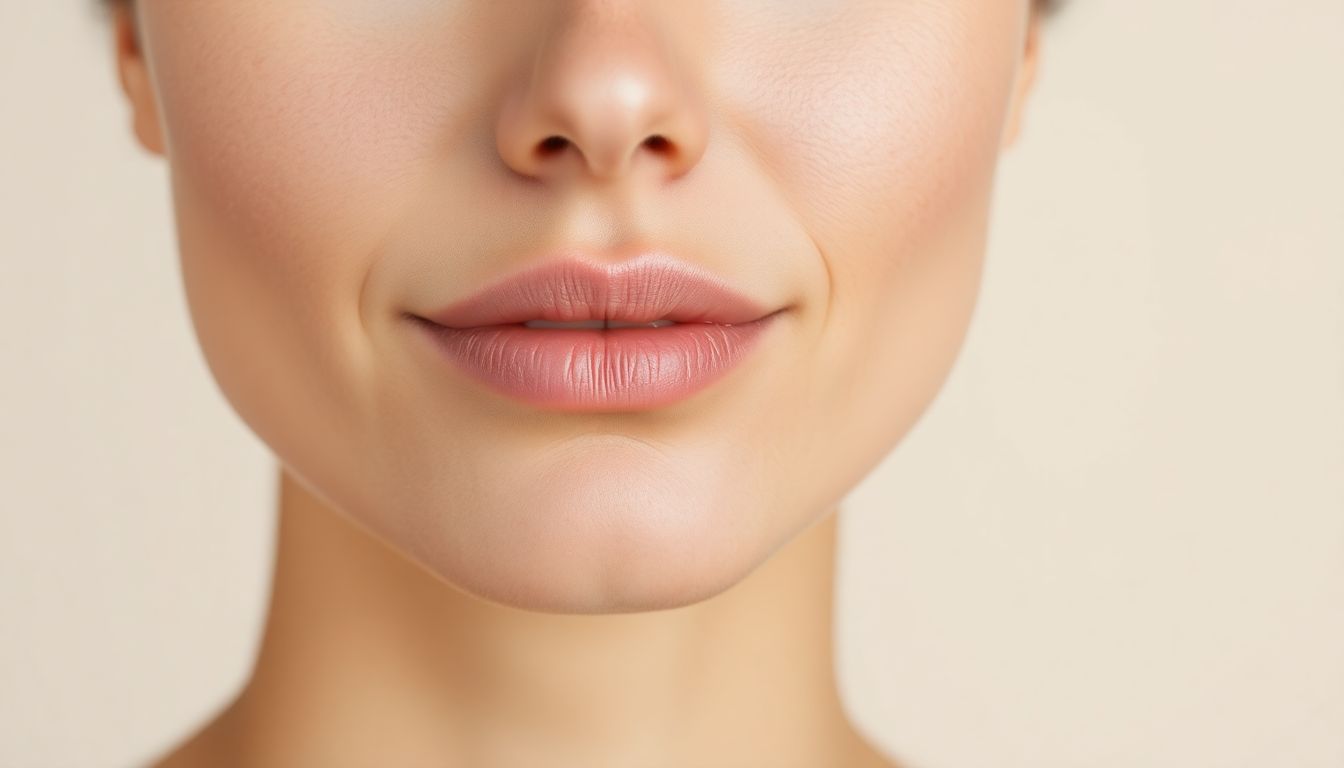
Acne affects around 85% of people at some point in their lives. This widespread skin issue can lead to more than just physical marks; it can impact self-esteem and social interactions. Many face challenges with confidence while navigating through life with acne. The good news? There are effective ways to prevent breakouts and achieve the clear skin you desire.
Understanding Acne: Causes and Triggers
What is acne?
Acne vulgaris occurs when hair follicles get clogged with oil and dead skin cells. This condition can result in various types of acne, including:
- Blackheads: Open pores filled with excess oil.
- Whiteheads: Closed pores that are white on top.
- Papules: Small, raised bumps that are red.
- Pustules: Similar to papules but filled with pus.
- Nodules: Hard, painful lumps beneath the skin.
- Cysts: Large, pus-filled lesions that can be quite painful.
Hormonal fluctuations and acne
Hormones play a significant role in acne development. Androgens, a type of hormone that increases oil production, are often linked to breakouts, especially during puberty and menstrual cycles. Studies indicate that about 50% of adult women may experience hormonal acne at some time.
Environmental factors
Don't underestimate your surroundings. Pollution, high humidity, and dust can aggravate acne. These factors can trap oil and bacteria on your skin, leading to breakouts.
Skincare Routine for Acne Prevention
Cleansing
Start with a gentle, non-comedogenic cleanser that won’t clog pores. It’s essential to cleanse your skin twice a day to remove excess oil and impurities. A great option is CeraVe Hydrating Facial Cleanser.
Exfoliation
Incorporate exfoliation into your routine 1-2 times a week. This helps remove dead skin cells and unclog pores. Chemical exfoliants like BHAs (salicylic acid) or AHAs (glycolic acid) work well. Try Paula's Choice Skin Perfecting 2% BHA Liquid Exfoliant for effective results.
Moisturization
Even oily skin needs hydration. A lightweight, oil-free moisturizer can help maintain skin balance. Look for products labeled as non-comedogenic. Neutrogena Hydro Boost Gel-Cream is a good choice for hydration without clogging pores.
Diet and Lifestyle for Clear Skin
The role of diet
Your diet can greatly impact your skin. Certain foods may trigger breakouts. High-glycemic index foods, such as white bread and sugary snacks, can worsen acne. Dairy has also been linked to flare-ups. A study found a strong connection between dairy intake and acne severity.
Stress management
Stress can lead to hormonal changes that worsen acne. Techniques like exercise, meditation, and yoga can help manage stress levels effectively. These activities not only reduce stress but also improve overall well-being.
Sleep hygiene
Never underestimate sleep's role in skin health. Sleep deprivation can increase inflammatory markers in the body, leading to more acne. Aim for 7-9 hours of quality sleep each night. Studies show that poor sleep can negatively affect skin and overall health.
Choosing the Right Products: Ingredients to Look For & Avoid
Ingredients to look for
Certain ingredients can be your skin's best allies:
- Salicylic acid: Penetrates pores to reduce inflammation and acne.
- Benzoyl peroxide: Kills acne-causing bacteria on the skin.
- Retinoids: Help speed up cell turnover, preventing clogged pores.
Ingredients to avoid
Some ingredients can trigger breakouts. Stay clear of comedogenic ingredients like coconut oil and certain heavy oils that may clog pores.
Reading product labels
Learning to read product labels is crucial. Look for terms like "non-comedogenic" and check for potential irritants. This knowledge helps you make informed choices for your skincare products.
When to Seek Professional Help
Severe acne
If over-the-counter products aren’t working, consult a dermatologist. Severe acne might require more targeted treatments.
Treatment options
Professional options include topical medications, oral medications like antibiotics, or light therapy. Each treatment is tailored to your individual needs.
Finding a dermatologist
Finding a qualified dermatologist can make a significant difference. Look for board-certified professionals with good reviews. Recommendations from friends or family can also help.
Conclusion: Your Journey to Clear Skin Begins Now
To sum up, maintaining clear skin requires a multi-faceted approach. Emphasize a consistent skincare routine, monitor your diet, manage stress, and seek professional help when necessary. Remember, patience and consistency are key to achieving the clear skin you want. Start today, and commit to the journey toward healthier skin. Your efforts will pay off, and clear skin awaits!
